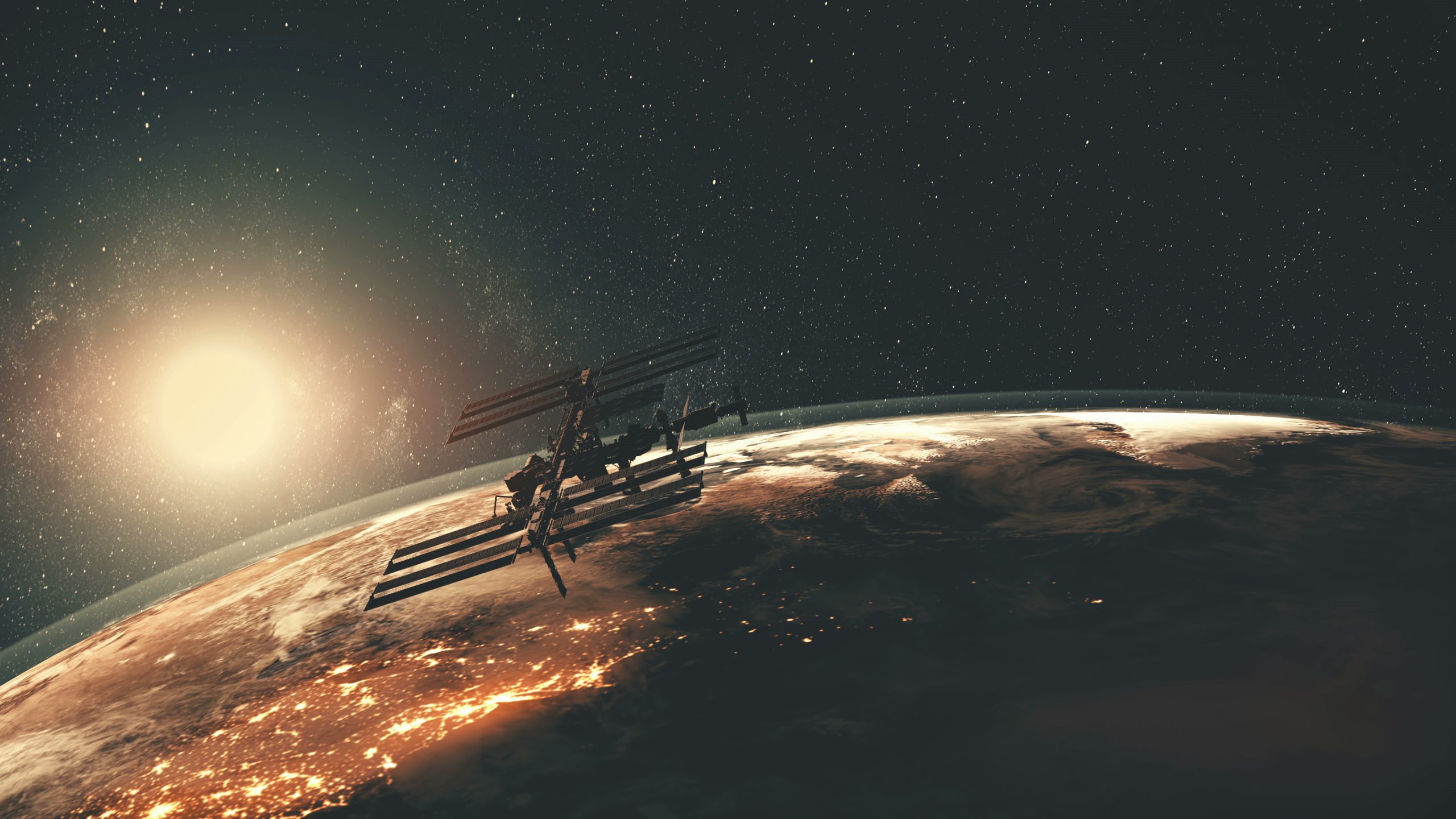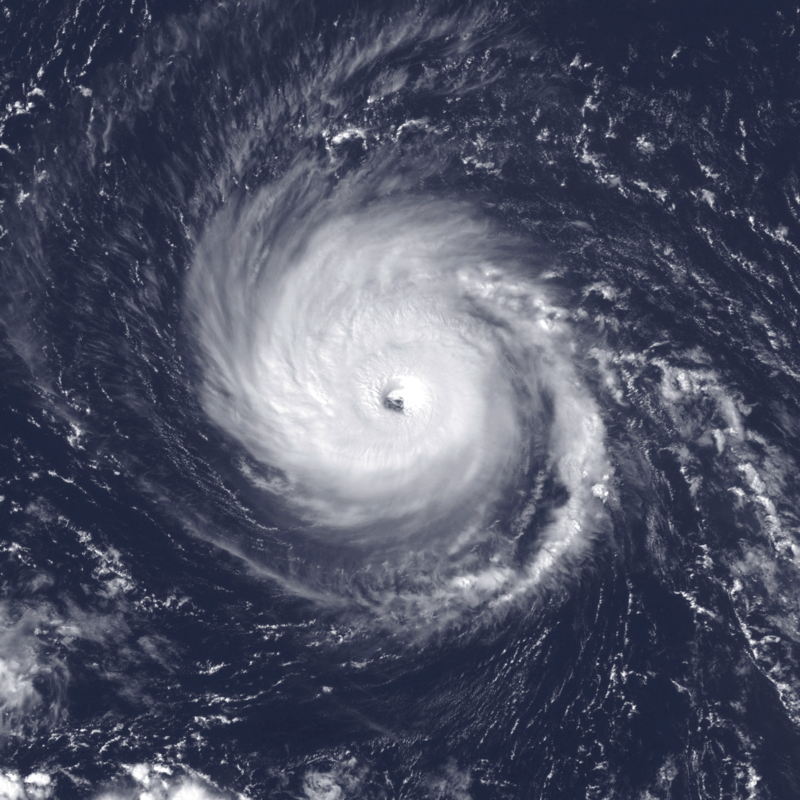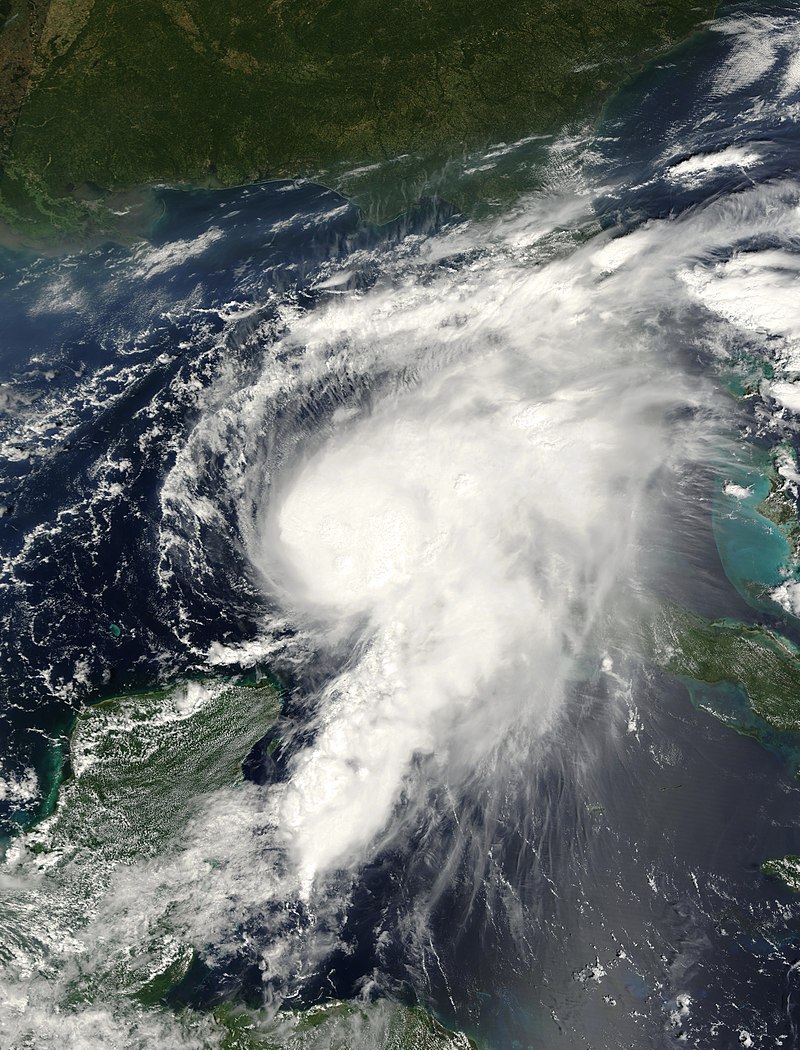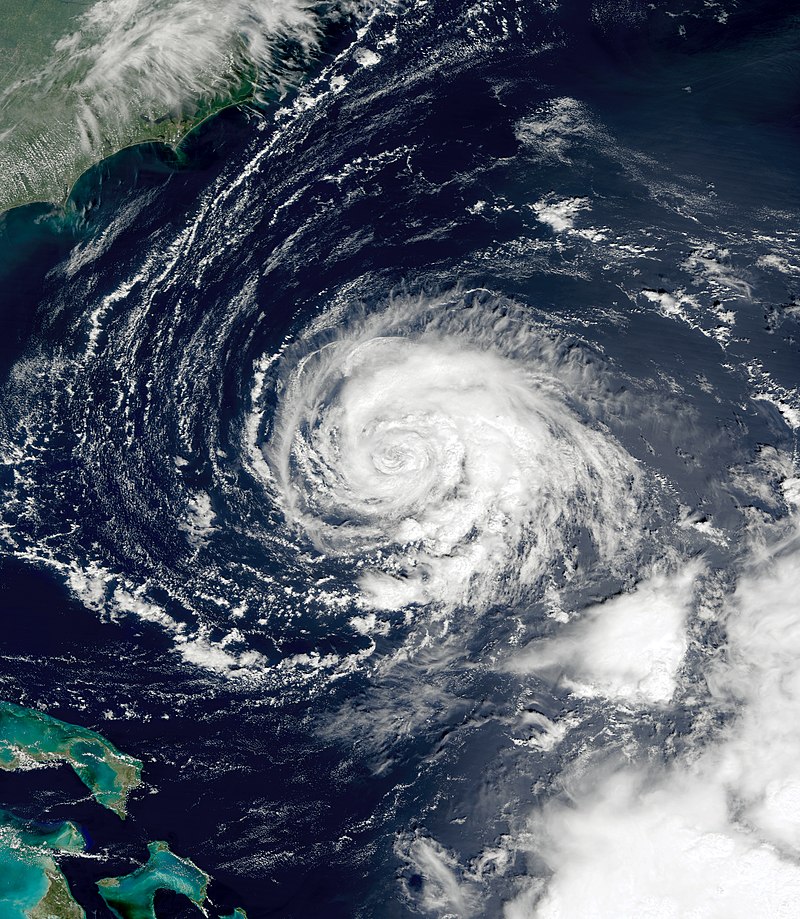Blast off! It’s hard to believe that it’s been over 20 years since the first International Space Station (ISS) mission launched. Time flies when you’re exploring the final frontier! Since then, we’ve continued to make incredible strides in space exploration thanks to organizations like NASA and their dedicated team of astronauts.
With each new ISS mission, we learn more about space travel, push scientific boundaries, and develop technologies that not only help us explore our universe but also benefit life on Earth. From advances in medicine to renewable energy sources – space exploration is truly remarkable.
Today we’ll be taking a look at everything that has changed since the first ISS mission launched back in November of 2000. So buckle up and get ready for an exciting journey through time and space!
Space Exploration—What Has Changed Since the First ISS Mission?
The International Space Station (ISS) has been continuously inhabited since the first crew arrived in November 2000. Since then, there have been numerous missions to the station with astronauts from different countries participating in scientific experiments and spacewalks.
One major change since the first ISS mission is the increased level of international cooperation between different countries involved in space exploration. The ISS program is a collaboration between five space agencies: NASA, Roscosmos (Russia), JAXA (Japan), ESA (Europe), and CSA (Canada). This collaboration has resulted in a wealth of scientific research that benefits not only our understanding of space but also life on Earth.
Another significant development since the first mission is advancements in technology. New equipment and systems have been developed for use on the ISS, including upgraded life support systems and more efficient solar panels. These advancements have allowed for longer missions to take place, as well as enabling astronauts to carry out more complex experiments.
In addition, changes have also occurred regarding how we approach long-duration human spaceflight. Astronauts now receive psychological training before their missions to prepare them for living and working in such an isolated environment. There are also ongoing studies exploring how gravity affects human health over extended periods spent living in microgravity conditions.
Overall, significant progress has been made since the first ISS mission almost two decades ago. With continued research and innovation taking place both on Earth and aboard the station itself, it’s an exciting time for those involved with space exploration.
(Transition paragraph) Now that we’ve discussed some developments regarding manned spacecraft like those used to reach orbiting stations like ISS; let’s move towards what astronauts get up while they’re orbiting around Earth!
Space Travel: What Astronauts Experience and Learn in Orbit
Living and working in space is not easy. Astronauts on the ISS experience a lot of physical changes due to the lack of gravity.
One major issue that astronauts face is bone loss. Without gravity, their bones don’t have to work as hard, causing them to lose mass over time. To combat this, astronauts exercise for about two hours every day using special equipment designed for zero-gravity environments.
Another issue is muscle atrophy. Since muscles don’t have to work as hard in zero gravity, they can shrink and weaken over time. Again, regular exercise helps combat this problem.
Astronauts also need to adapt to living in close quarters with other people for extended periods of time. They must learn how to manage their personal relationships while also accomplishing mission objectives.
Overall, though it may not be easy, the skills astronauts gain from living and working in space are invaluable. From learning how to adapt quickly under stressful conditions to developing unique problem-solving skills, there’s no doubt that being an astronaut requires a great deal of training and dedication.




Leave a Reply